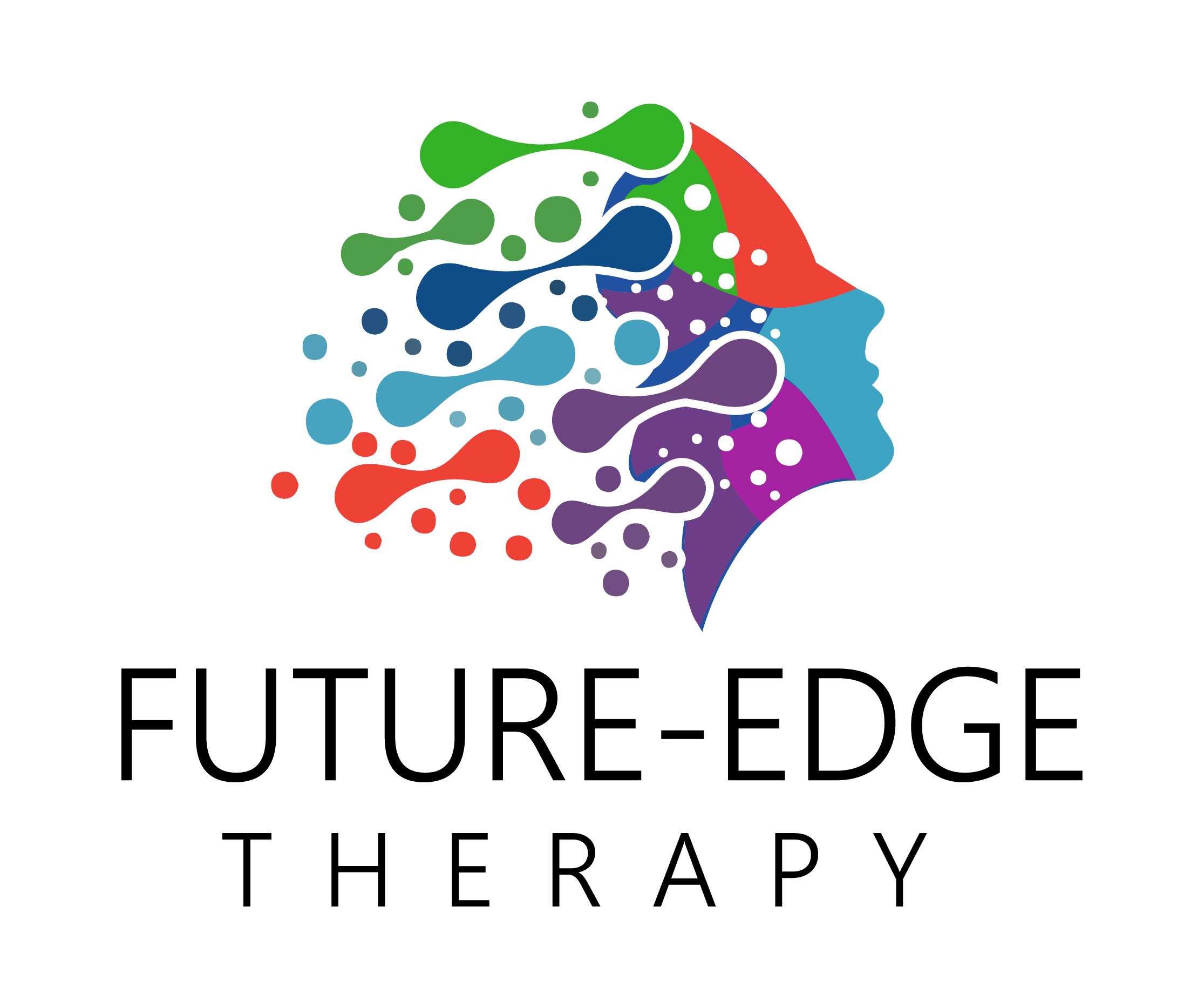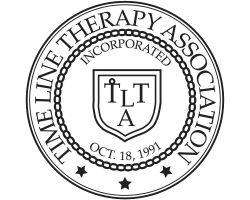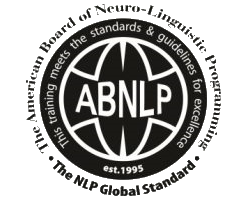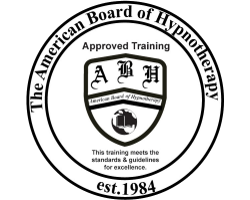Grief feels and looks different for every person who experiences it. The upsetting thing is we will all experience it at some point. Perhaps we are supporting someone going through it right now. Grief literally makes the body and mind ill. It causes the body to ‘breakdown’ forming different symptoms for different people. The grieving process can feel lonely and isolating and for some it could lead to maladaptive coping strategies such as isolation, complex relationships with food or substance abuse while trying to ‘numb’ the intense feelings of lose.
At times, emotional and physical pain can feel inextricable. We can grieve before, during or after a loss leaving us incapable of being able to think, feel and react. Some people will experience profound sadness almost immediately but for some it may take months or years after the loss.
Our internal resiliency is tested to the maximum and how we react when this happens cannot be predicted. However, as time passes, the mind and body will ‘adapt’ working through the grief process.
Here are the most common reactions grief makes us feel. There may be several feelings not listed here as grief is an individual process:
- Emotional pain– makes it hard for a person to function ‘normally’ including feeding themselves, looking after others or going to work.
- Deep sadness– this can give rise to feelings of depression, hopelessness, loneliness and loosing self-worth.
- Shock– Death can often be sudden and unexpected. Even if someone has been ill for a long time, friends and family may still feel a sense of shock after they have died.
- Relief– If the person’s death comes after a long illness, those close to them may feel relief.
- Guilt–Feelings of guilt often lead to anxiety or depression. A grieving individual may regret things they did or did not say before someone died. They may blame themself in some way for the person’s death.
- Anger– A grieving person may feel angry towards themself, other people, or the person who died. Their anger may come out suddenly or at unexpected moments.
- Anxiety– Many people have feelings of anxiety after losing someone close to them. They may feel generally anxiety or worry about the future and not know how they will cope.
- Numbness– This can be a reaction to very difficult emotions and may mean people don’t cry or appear to be upset. Their feelings will usually return over time often coming back stronger.
 7 ways to combat anxiety - Free ebook
7 ways to combat anxiety - Free ebook










